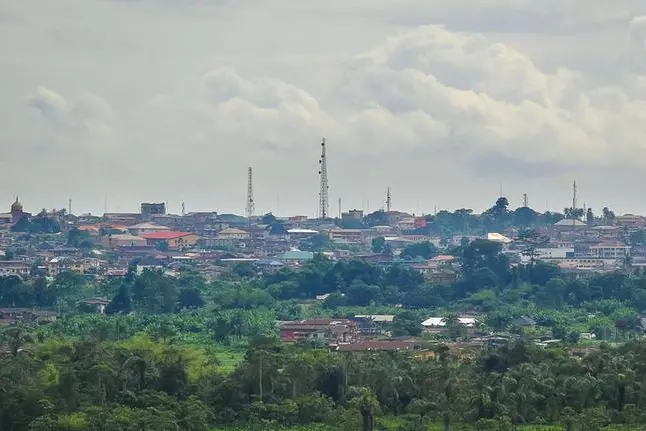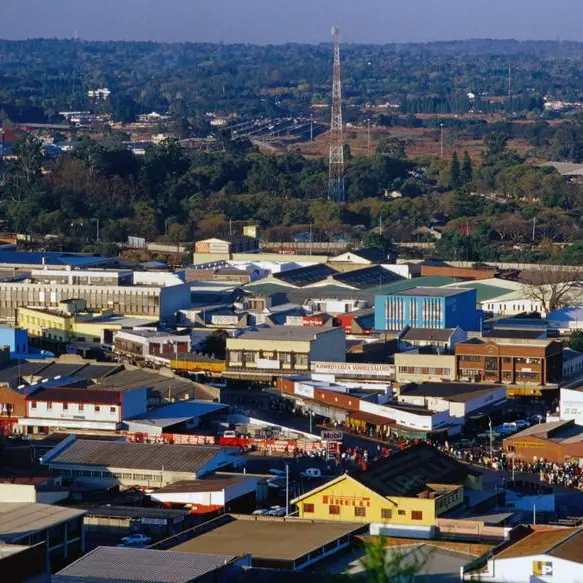PHOTO
Based on fresh analysis of the latest financial data, a new report by the Lagos-based Afrinvest (West) Africa Limited has estimated that listed commercial banks, excluding Union Bank, would require a combined ₦2.8trillion to meet the new baseline capital requirement as stipulated by the Central Bank of Nigeria (CBN).
The CBN on March 28th announced the upward review of the minimum capital requirement for lenders in the country to mitigate the impact of external and domestic shocks via negative exchange rate movement and elevated inflation. The Apex bank mandated minimum capital of ₦500.0billion, ₦200.0billion, and ₦50.0billion for Commercial Banks with International, National, and Regional licenses respectively.
Likewise, the CBN also raised capitalisation baseline for Merchant (₦50.0billion) and Non-interest Banks (National: ₦20.0billion; Regional: ₦10.0billion). It specified that minimum capital for existing banks should comprise only paid-up capital and share premium. For proposed banks (new banking license applications after April 1, 2024) the paid-up capital should meet new standards.
Related PostsCBN unveils new minimum capital requirements for banksReps decry high rate of failed bank transactionsCommercial banks’ boards approve FY 2023 audited financial statements
According to Afrinvest, this should necessitate capital raising efforts by the listed banks from both domestic and international markets. “Assuming the re-engineering of retained earnings to bolster eligible capital levels (that is share capital and share premium as defined by the CBN for the recapitalisation exercise), our estimation indicates that approximately ₦901.8billion combined would be needed by Wema, FCMB, Fidelity, Unity, and Sterling banks to reach new benchmarks, “ It stated.
That said, the report anticipate further clarification on the treatment of retained earnings from the CBN as implementation week commences.
“From our initial assessment, positives from the recapitalisation drive includes: strengthening the capacity of lenders to support credit creation in the real sector; the potential influx of capital into the domestic economy through offshore capital-raising endeavours and the likelihood of the emergence of stronger and more resilient banking entities post-recapitalisation,” it said.
However, potential headwinds can materialise in form of the dilution of returns for shareholders, the risk of lenders inadvertently generating bad risk assets or engaging in high-risk behaviours to deploy additional liquidity, and the possibility of high industry concentration following consolidations, leading to oligopolistic influence.
The recapitalization exercise is expected to commence from April 1, 2024, through March 31, 2026.
Among the tier-one banks listed, the United Bank of Africa is set to raise the largest sum, amounting to N384.19 billion, to fulfil the new CBN recapitalisation requirement. Currently, it possesses N115.82 billion in share capital plus premium.
On the other hand, Ecobank Transnational Inc., a tier-two bank with international authorization, requires the smallest amount to be raised. It currently holds N353.51 billion in share capital plus premium, with N146.48 billion left to meet CBN regulations.
Copyright © 2022 Nigerian Tribune Provided by SyndiGate Media Inc. (Syndigate.info).





















